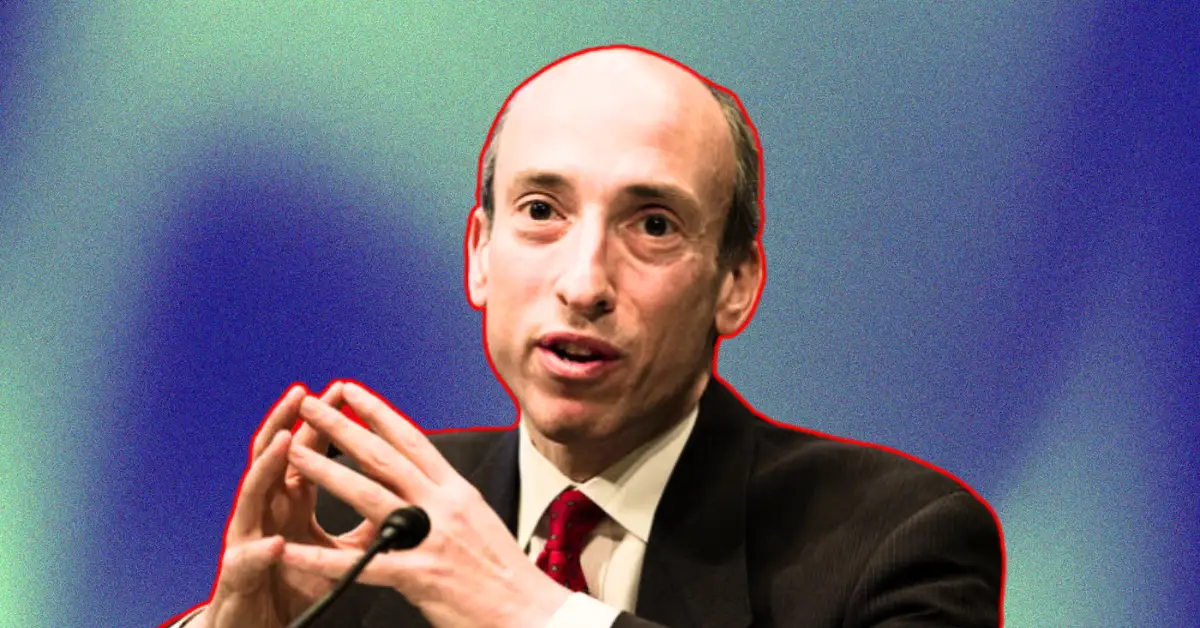
Unraveling the Cryptocurrency Conundrum: From Financial Freedom to Scandal
Cryptocurrency has been hailed as a potential pathway to financial freedom, offering promising opportunities for those willing to navigate its volatile landscape. However, for some, the journey through the crypto world can be fraught with challenges, particularly when scandals arise. One such controversy involves the U.S. Securities and Exchange Commission (SEC) charging Tai Mo Shan Limited, a subsidiary of Jump Crypto Holdings LLC, for misleading investors about the stability of Terra USD and selling unregistered securities. This incident not only sheds light on the actions of one company but also raises broader questions about the integrity and reliability of the crypto ecosystem as a whole. Let’s delve deeper into how this situation unfolded and its implications for the crypto industry.
The Enigma of Terra USD
Terra USD was designed to function as a stablecoin, a type of cryptocurrency intended to maintain a stable value by being pegged to the US dollar. Stablecoins are supposed to be a sanctuary of stability amidst the tumultuous cryptocurrency market. Tai Mo Shan Limited assured investors of the security of Terra USD, attributing its stability to the algorithm developed by Terraform Labs. However, reality painted a different picture. In May 2021, Terra USD lost its $1 peg, prompting Tai Mo Shan to intervene by executing $20 million worth of trades to temporarily stabilize its price. Despite these efforts, the situation was unsalvageable.
Behind closed doors, Tai Mo Shan had a clandestine agreement with Terraform Labs. They were tasked with stabilizing Terra USD in return for acquiring discounted LUNA tokens. This crucial detail was kept from investors, who were led to believe that the stability was maintained by the algorithm alone. The SEC deemed this lack of transparency as misleading, a point difficult to contest given the circumstances.
SEC’s Perspective: LUNA Sales as Securities
The situation becomes even more tangled when examining Tai Mo Shan’s transactions between January 2021 and May 2022. During this period, the company acquired LUNA tokens from Terraform Labs and subsequently resold them on exchanges based in the United States. The SEC categorizes LUNA, along with many other crypto tokens, as securities. Therefore, Tai Mo Shan’s activities of acting as a statutory underwriter without registering these offerings constituted a breach of securities laws.
As a consequence of these actions, Tai Mo Shan has agreed to pay over $123 million in fines, including prejudgment interest and civil penalties. Additionally, the company is now subject to a cease and desist order. Notably, despite agreeing to these terms, Tai Mo Shan has not admitted to the charges, choosing instead to comply without conceding guilt.
Navigating the Future: What Lies Ahead
The collapse of Terra USD serves as a stark reminder to the cryptocurrency community of the potential vulnerabilities within the system. In response, the SEC is intensifying its regulatory oversight of the crypto market. Gary Gensler, the SEC chair who will be stepping down in January, has emphasized the importance of safeguarding investors from fraudulent activities as a top priority. This case underscores the fragility of cryptocurrency systems and the critical role that trust plays in investor confidence.
While the forthcoming administration aims to foster a supportive environment for digital innovation, incidents like these underscore the urgent need for stringent regulations. As the crypto world evolves, balancing innovation with investor protection remains a key challenge that regulators and industry participants must address collaboratively. The journey to financial freedom through cryptocurrency is filled with potential, but it requires vigilance, transparency, and adherence to legal standards to ensure a stable and secure future for all involved.






